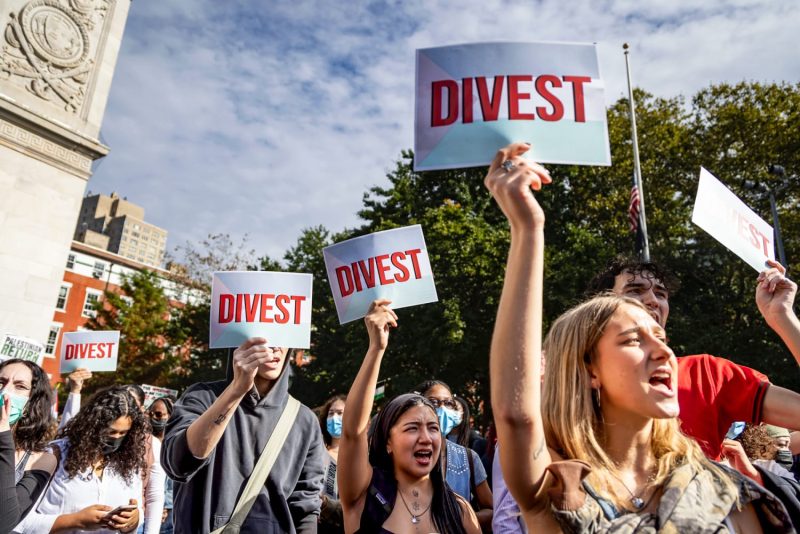College Protesters Want Their Schools to Divest from Ties to Israel: Here’s What That Means
The movement to divest from companies with ties to Israel has gained momentum in recent years, particularly on college campuses. Proponents argue that divestment is a form of peaceful protest against Israeli policies in the occupied territories, while critics contend that it unfairly singles out Israel for criticism. To better understand this complex issue, it is important to delve into the meaning and implications of divestment campaigns.
What is Divestment?
Divestment is a strategy used by activists to pressure companies, institutions, or governments to change their behavior by withdrawing investments or financial support. In the context of Israel, divestment campaigns target companies that are involved in activities such as supplying military equipment, building settlements in the occupied territories, or supporting the Israeli government’s policies towards Palestinians.
The Goals of Divestment
Proponents of divestment argue that it is a nonviolent way to hold Israel accountable for human rights violations and to support Palestinian self-determination. They believe that by targeting companies complicit in Israeli occupation and discrimination, they can help bring about positive change in the region. Divestment campaigns also aim to raise awareness about the Israeli-Palestinian conflict and encourage dialogue on college campuses and beyond.
Challenges and Controversies
Divestment campaigns are not without challenges and controversies. Critics of these efforts argue that they are one-sided and unfairly target Israel while ignoring other countries with poor human rights records. They also contend that divestment can be counterproductive, as it may harm Israeli and Palestinian workers who are dependent on the companies being targeted.
Moreover, critics argue that divestment campaigns often lead to polarization and division rather than constructive dialogue and understanding. Supporters of Israel view these campaigns as part of a broader movement to delegitimize the Jewish state, while some pro-Palestinian activists believe that divestment is a necessary step towards justice and equality in the region.
The Impact of Divestment
The impact of divestment campaigns on Israel itself is a topic of ongoing debate. While some proponents argue that divestment can pressure companies to change their practices and influence Israeli government policies, others question the effectiveness of such initiatives. Critics point out that divestment campaigns may have limited economic impact on Israel and could potentially hinder peace efforts by deepening divisions between the two sides.
Moving Forward
As the debate over divestment from ties to Israel continues, it is essential for all stakeholders to engage in respectful and informed dialogue. By exploring different perspectives and understanding the complexities of the Israeli-Palestinian conflict, college campuses and communities can work towards creating a more inclusive and peaceful future for all involved.
In conclusion, divestment campaigns targeting Israel raise important questions about ethics, activism, and the pursuit of justice in the Israeli-Palestinian conflict. While these efforts have sparked controversy and debate, they also highlight the power of grassroots movements to effect change and promote awareness of human rights issues on a global scale.


























